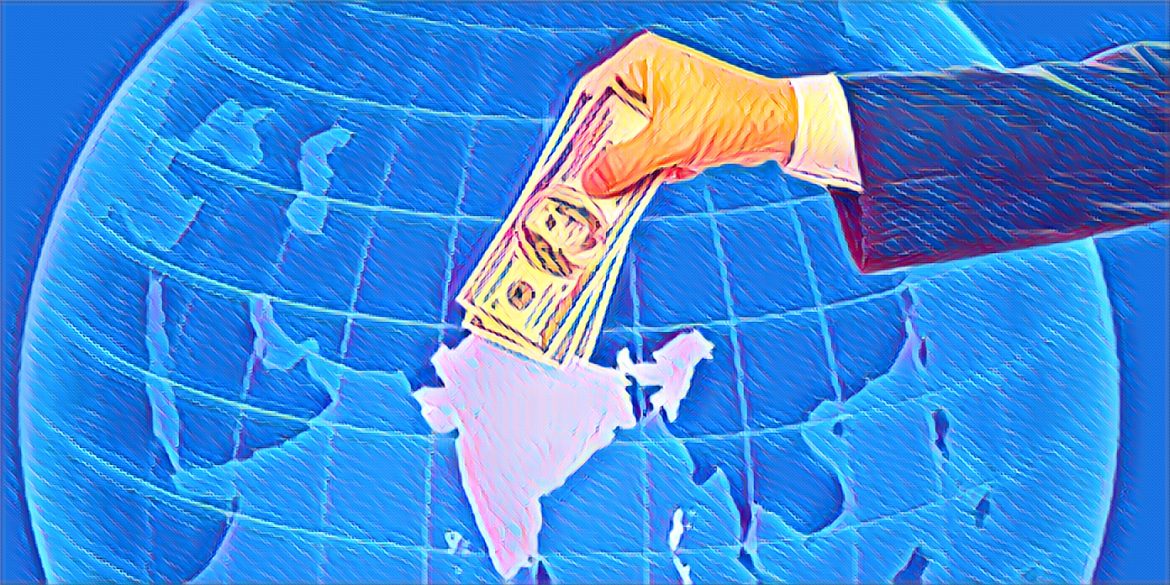Nigeria, Africa’s largest economy, is facing a governance crisis that is making it one of the least attractive destinations for foreign investors, according to a new report by the World Economic Governance Index (WEGI).
The WEGI, which measures the quality of governance across 142 countries using indicators such as rule of law, press freedom, political rights, and corruption, rated Nigeria D, indicating poor governance and a level close to other economically troubled countries like Lebanon, Syria, and Yemen.
Nigeria scored 40.8 out of 100 on the WEGI, ranking 120th in the world and 23rd among 34 countries in Sub-Saharan Africa. The country performed poorly on all the indicators, especially on corruption, where it scored 26.7, the lowest in the region.
The report warned that investing in countries with poor governance can be costly and risky, exposing investors to legal and political troubles. It advised investors to avoid such countries and seek better alternatives elsewhere.
This advice seems to have been heeded by many foreign investors, who have been exiting Nigeria in recent years, citing unfavourable business environment, policy uncertainty, and currency volatility. Some of the multinational companies that have left or downsized their operations in Nigeria include GlaxoSmithKline, Shoprite, Etisalat, and Intercontinental Group.
The exit of these companies has reduced the inflow of foreign direct investment (FDI) into Nigeria, which fell to a 10-year low of $1.6 billion in 2022, according to the United Nations Conference on Trade and Development (UNCTAD). In the first quarter of 2023, FDI inflow was a meagre $48 million, a 69 per cent decline from the same period in 2022.
The dwindling FDI inflow has also affected Nigeria’s economic growth, which has been sluggish since the 2016 recession. The country’s gross domestic product (GDP) grew by 1.9 per cent in 2022, below the population growth rate of 2.6 per cent, and is projected to grow by 2.1 per cent in 2023, according to the International Monetary Fund (IMF).
Experts say that Nigeria needs to improve its governance and business climate to attract more foreign investment and create jobs for its growing population, which is expected to surpass that of the United States by 2050 and become the third most populous in the world.
They also say that Nigeria can learn from other African countries that have made strides in improving their governance and competitiveness, such as Rwanda, Namibia, Mauritius, Botswana, and Senegal. These countries have ranked higher than Nigeria on the WEGI and other global indices, such as the World Bank’s Ease of Doing Business and the Mo Ibrahim Index of African Governance.
Despite the challenges, some analysts believe that Nigeria still has the potential to become a leading investment destination in Africa, given its large market, abundant natural resources, and entrepreneurial spirit. They urge the government to implement reforms that will enhance transparency, accountability, rule of law, and security, as well as foster a conducive and stable environment for businesses to thrive.
Source: BusinessDay


